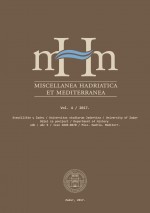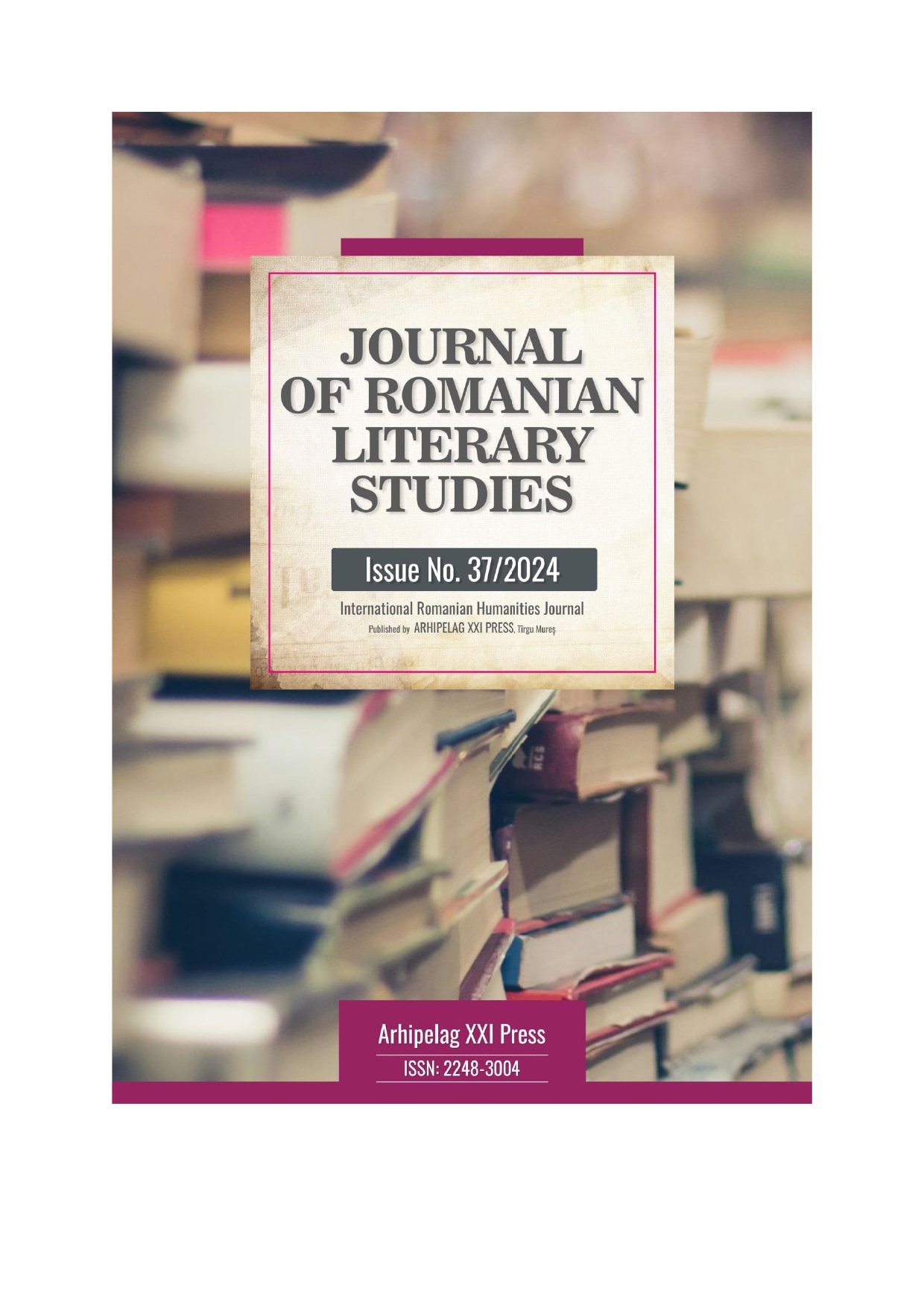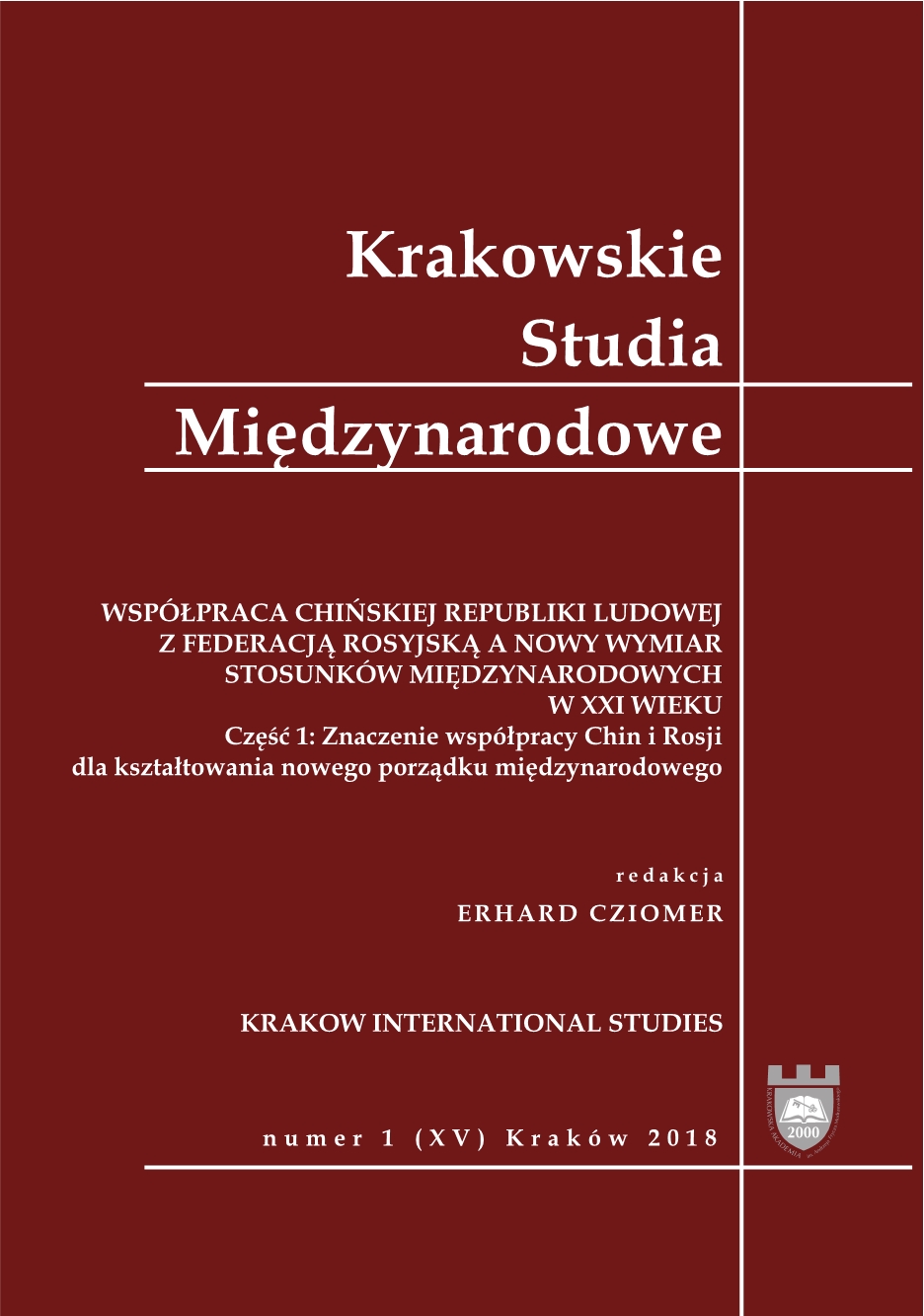
Rosyjsko-chińska aktywność morska i koncepcje obecności na akwenie bałtyckim. Pomiędzy rywalizacją a współpracą
Russian-Chinese cooperation on sea areas should be seen in the context of attempts to limit US control over global transport routes. Its goal is to counter the American possibilities of control of routes of transport of energy carriers from Russia towards the west and leading to China through the Asian reservoirs. The community of interests allows a number of political and economic initiatives and the use of force demonstrations in the regions to locate the national interests of both countries. The sea exercises are their emanation. There are also significant differences of interest in Chinese-Russian relations. One of the areas where their differences of interest occur is the Baltic region, which means that the goal of Russian Baltic policy is to maintain limited activity of China as a Baltic player. The aim of the article is to identify specific “fields of cooperation” between Russia and China and conflict areas that will determine the scope of possible cooperation of both countries.
More...
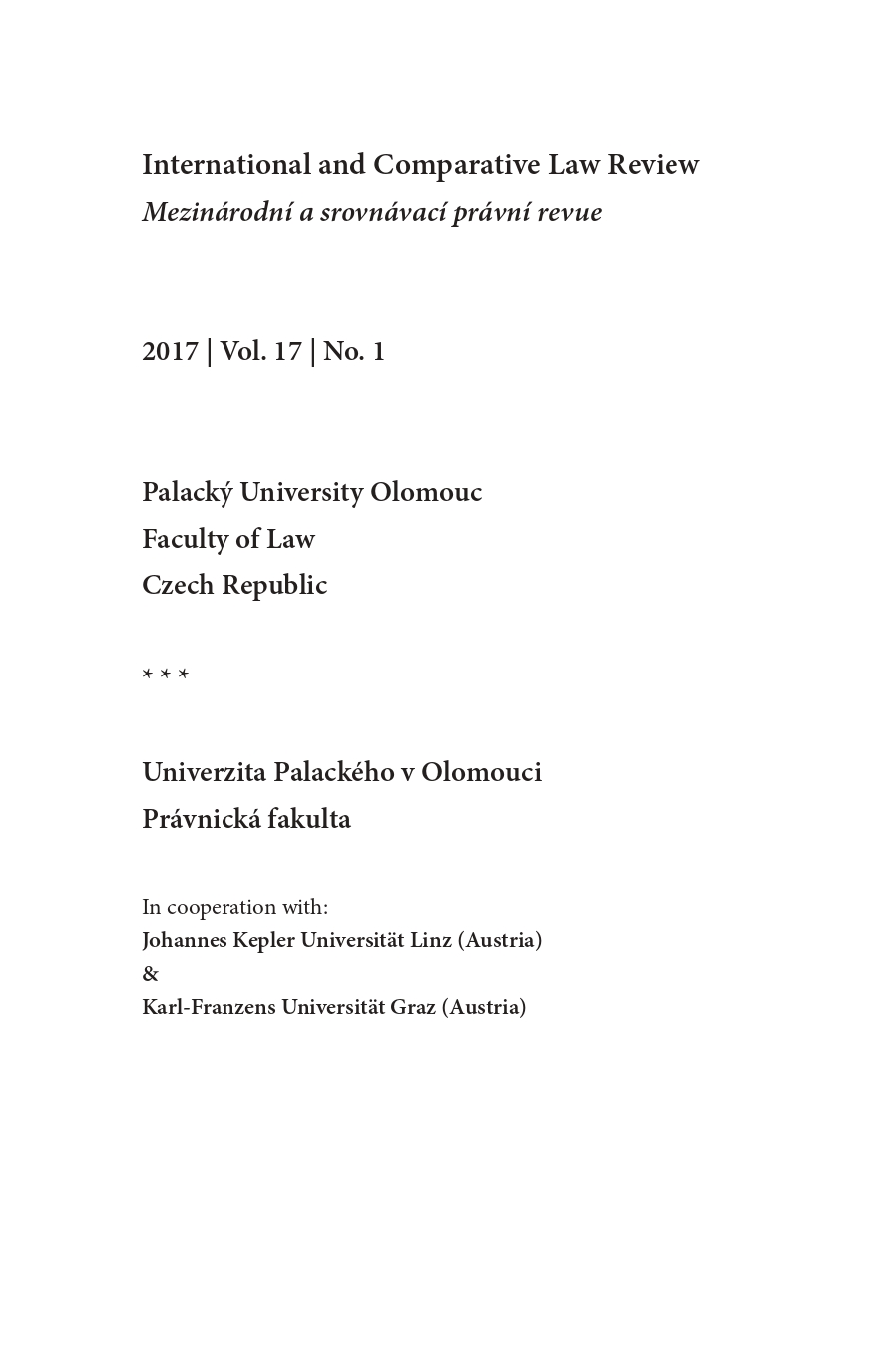
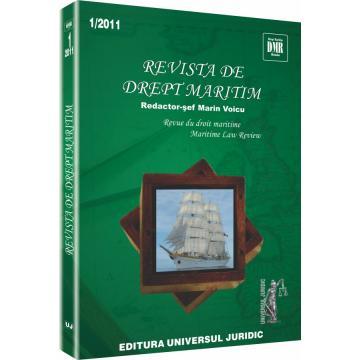
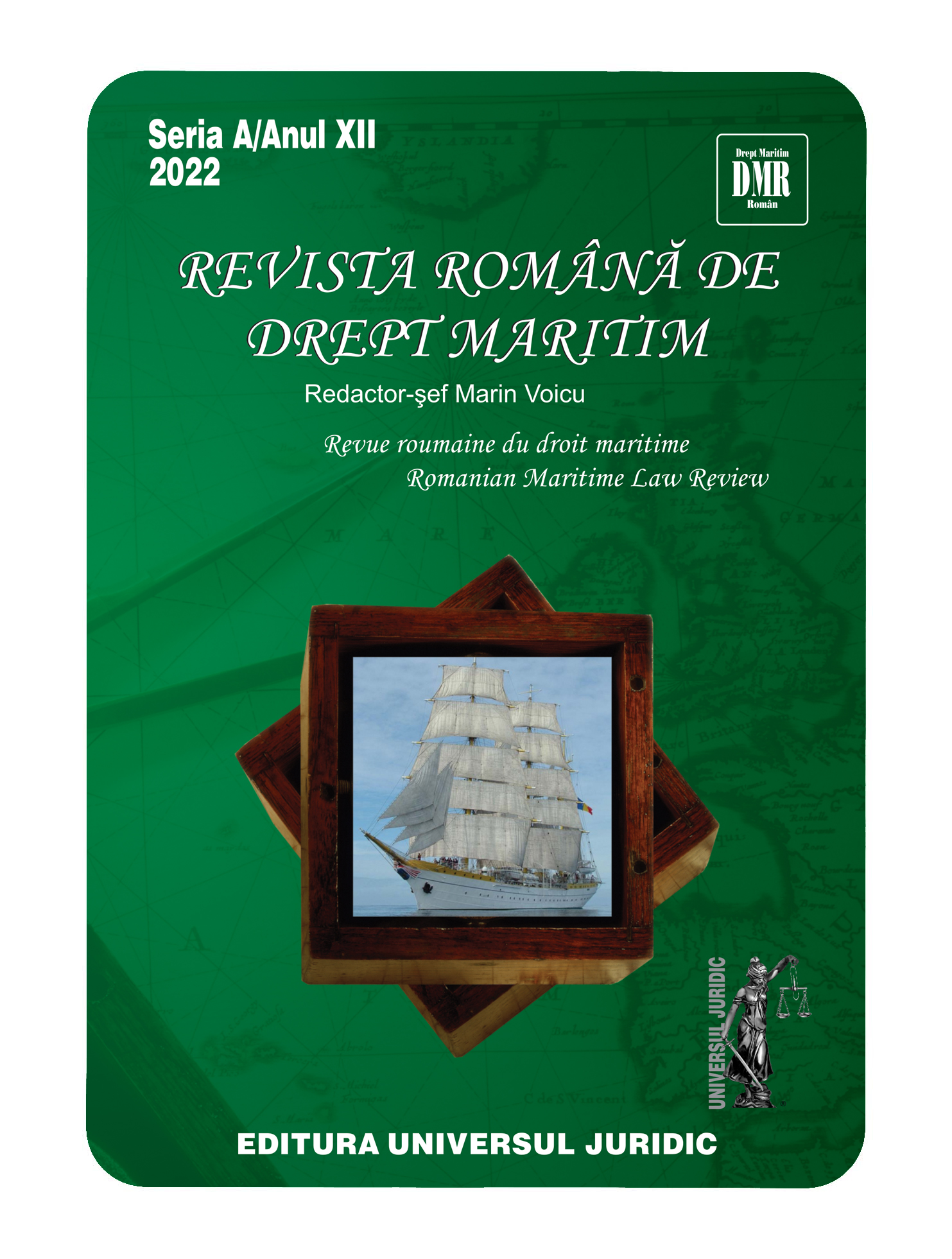
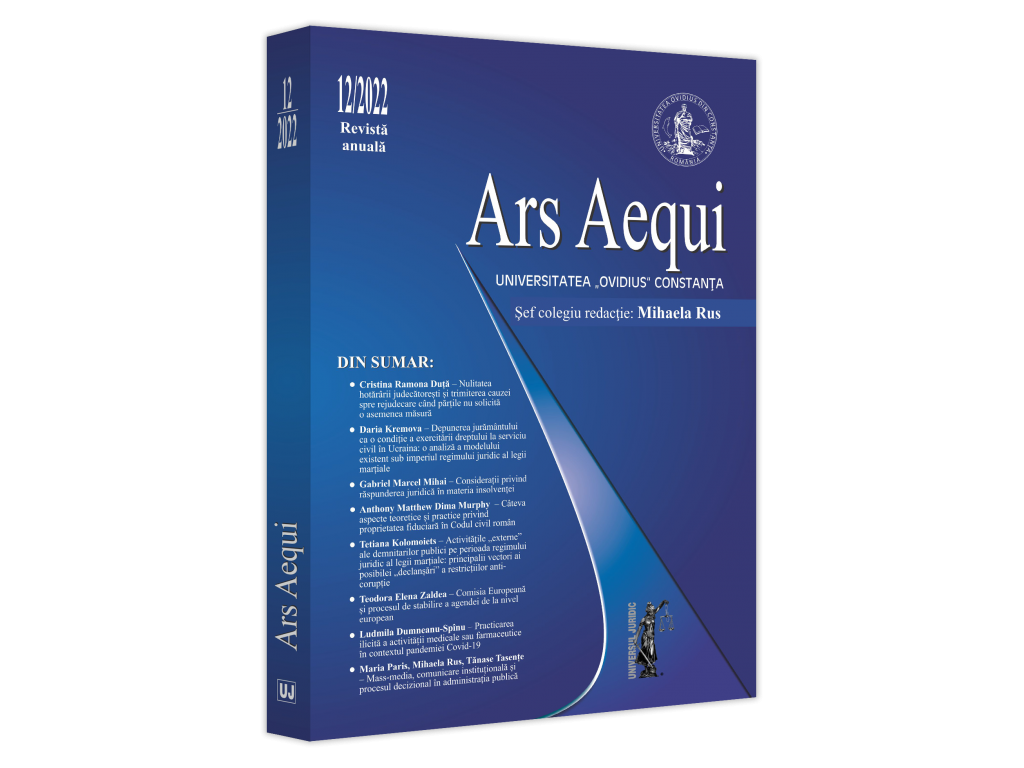



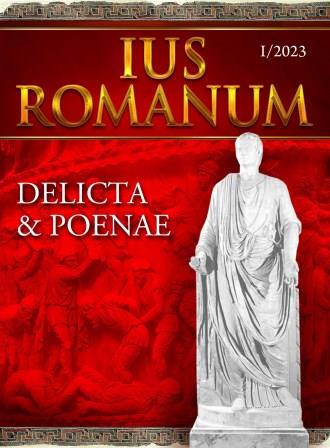
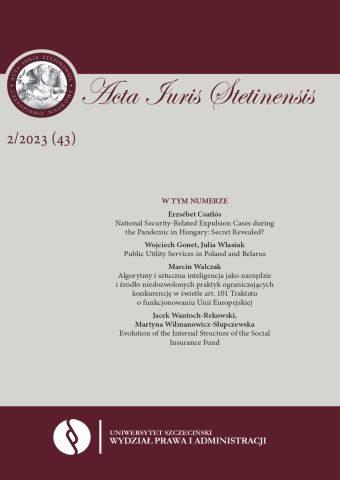
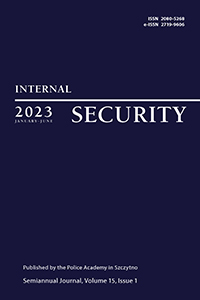
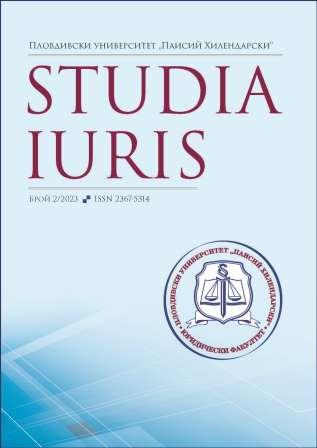
![Prometno pravo : [tematska bibliografija]](/api/image/getissuecoverimage?id=picture_2023_80127.jpg)
